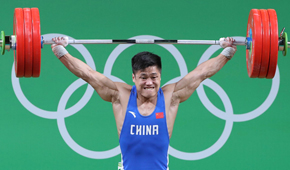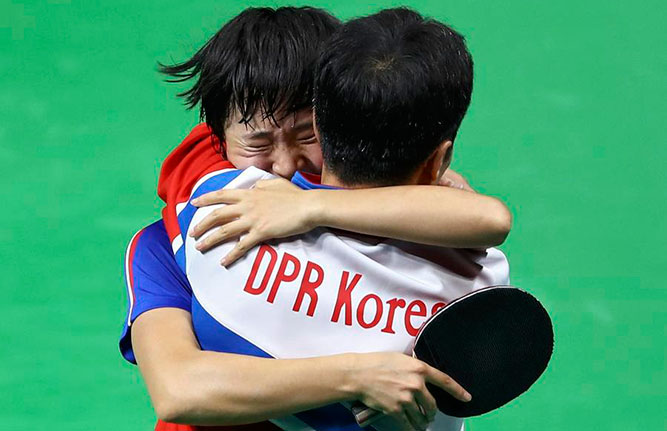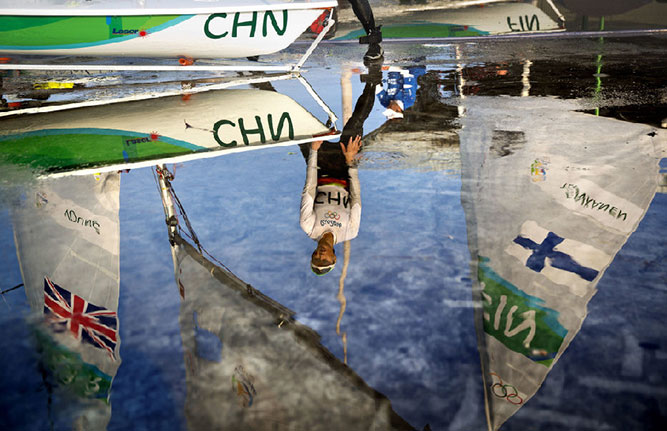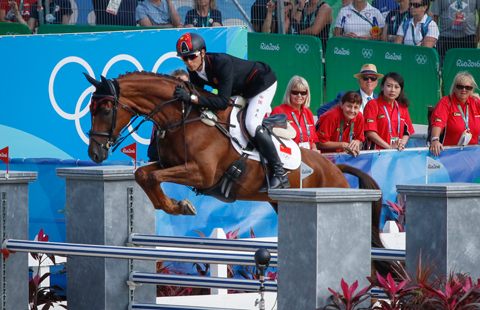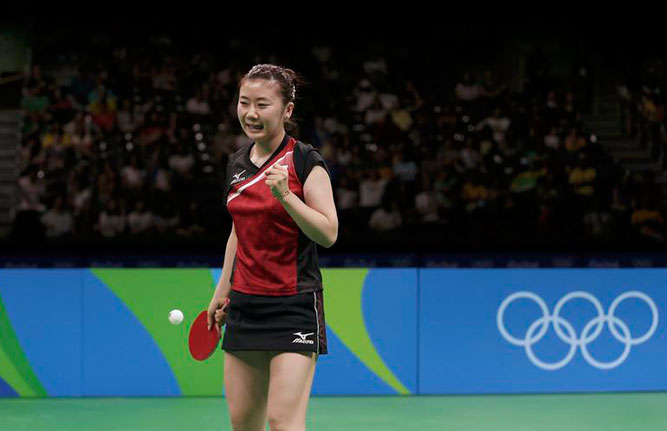Let the Games begin - at the same place Ravi Shankar
By Ravi Shankar (China Daily) Updated: 2016-08-11 08:09Before the 1976 Montreal Olympics, the city's legendary mayor Jean Drapeau is reported to have said "the Olympics can no more lose money than a man can have a baby".
But as a wag recently put it, Drapeau gave birth to many children - for it took the city 30 years to pay off the debt for Games that were way, way over budget.
Last month, Bloomberg cited a study from Oxford University's business school that found that the Rio 2016 Games would cost $4.6 billion, an overrun of 51 percent or $1.6 billion, for a country that is facing a second year of economic contraction. Rio de Janeiro state was reported to be close to bankruptcy, with salaries delayed for civil servants including police.
All of the Games going back to 1960 that were part of the study cost more than expected, the report said. It was not clear whether the 2008 Beijing Olympics were part of the study.
The list of candidate cities for the 2024 Olympics - the winner will be announced next summer - is being whittled down with the citizens of Boston and Hamburg voting against a bid. That leaves Los Angeles, Rome, Paris and Budapest in the fray - the first three hosted the Games previously.
In an economically fraught world, the seven-year period from winning the bid to hosting the Games can be a long time. When Brazil won the bid to host the Olympics, it was a poster child for emerging economies with soaring commodity prices driving optimism.
But now, a combination of political and economic woes (and the Zika virus thrown in) has left many Brazilians wondering if the effort was worth it.
Which brings me to: Why not Beijing in 2028?
What constitutes successful Games? Fans, facilities and funds.
Beijing has a population of more than 20 million; about the same number of people living in all of Australia. Count the number of people who live up to six hours away by high-speed rail, it could well amount to half a billion - which would be the third-highest population in the world.
There would be no half-empty stadiums in Beijing unlike what we are seeing now in Rio, even for soccer matches.
Facilities? The magnificent Bird's Nest is an architectural icon (notwithstanding the recent fiasco with the Manchester United vs Manchester City soccer match which was called off because of a soggy pitch). There are other perfectly suitable venues, including the Olympic Sports Center, down the road from where I live and is a perfect example of an Olympic legacy: I get to use it for brisk walking and myriad stretching exercises.
Funds? With most facilities in place, the budget next time will be relatively modest. And as they say, if Beijing puts its mind to it ...
Much is made of the legacy of the Games in deciding a host city; what better legacy than to have a repeat?
Contact the writer at ravi@chinadaily.com.cn


